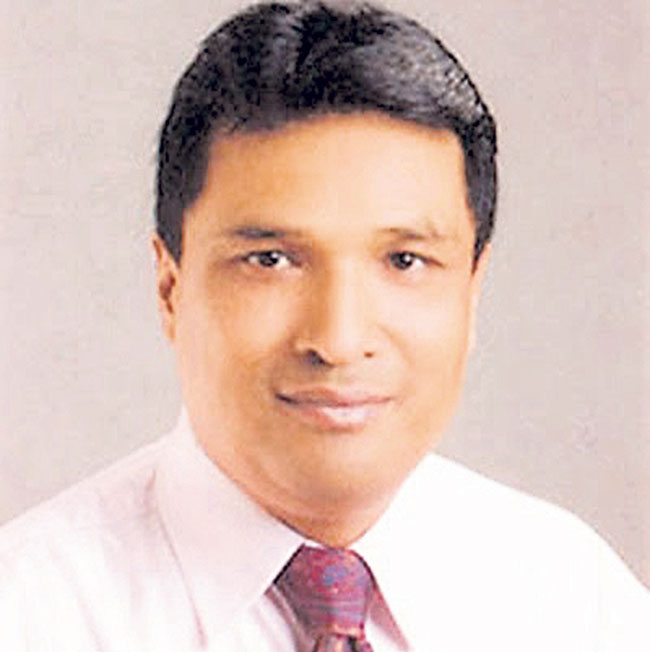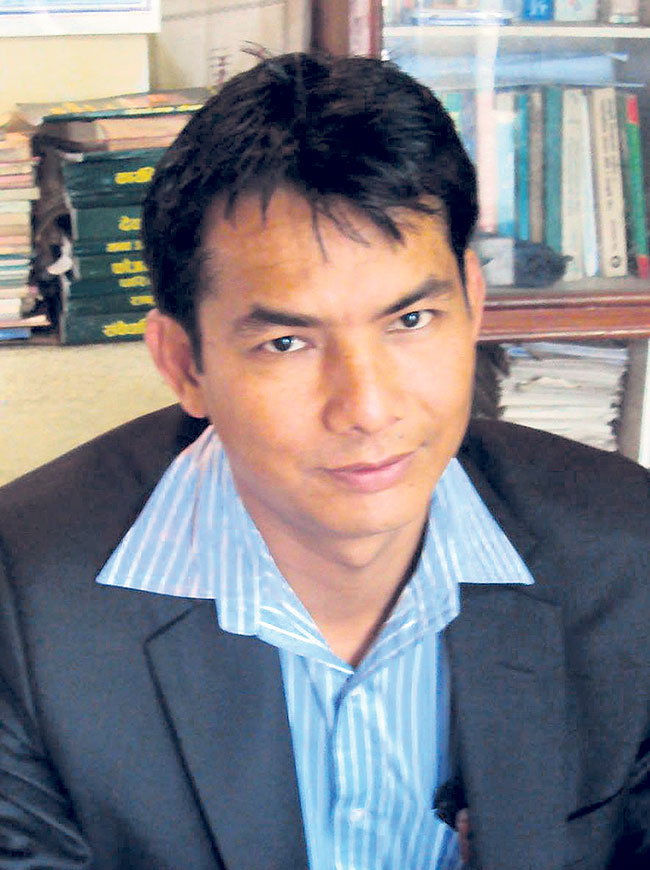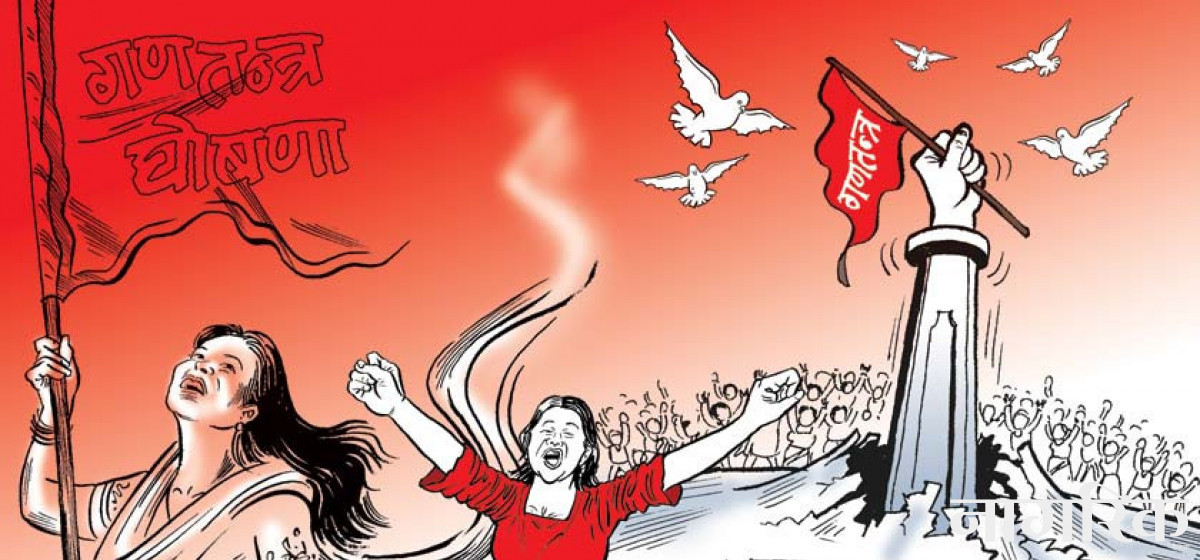Though girls have been an integral part of human development, their role in decision making and nation development is still ignored in many parts of the world. International Girl Child Day celebrates girls’ empowerment and advocates for their rights. The day also acts as platform to educate people about gender based discrimination and violence against women. It also pushes us to root out the taboos that affect the lives of hundreds and thousands of girls across the globe.
Gender equality is a neglected subject in Nepal. Some of the major reasons behind this are lack of public awareness, illiteracy and poverty, among others. Girls from the rural areas mostly bear the brunt of gender based violence due to lack of education.
Although 51 percent of our total population comprises women, they are kept limited within the four walls of their homes. Sonam Lama and Aaditya Neupane of My City talked to some professionals so as to understand their opinion toward the importance of girls’ empowerment.
Gauri Pradhan (Former Human Rights Commissioner)
 1. What do you think is the need of today’s girl child?
1. What do you think is the need of today’s girl child?
At this point of time when we are struggling with numerous issues relating to gender biasness, I believe proper education and awareness are the effective tools required to come over gender based discrimination. Girls are as important as boys and the society needs to value the gender balance. We also need to spread awareness about girls’ right to education.
2. How vulnerable is the situation of a girl child in Nepal?
Despite the fact that many laws have been introduced lately, the challenges facing a girl child have hardly subsided. Though the city areas of Nepal have invited certain improvements, people in rural areas are still struggling with gender biasness and mostly girls bear the brunt of it.
3. The UN’s theme for 2017 International Girl Child Day is ‘Girls’ Progress = Goals’ Progress: Global Girl Data Movement’. What is your say on that?
It is a through such celebrations that we are reminded of the issues that need attention. Since childhood is the most important phase of life, the major essence of the goal lies in the development of a girl child.
Muslim community celebrating Eid-ul-Adha on Saturday

4. What effective approaches do you think the government and concerned bodies should make to address the issues facing the girl child?
With the laws introduced to abolish Chhaupadi Pratha, we are certainly stepping ahead in making an impact in the society. However, the rest of the laws should also be implemented strictly. Likewise, I believe it is high time for us to invest in girl empowerment and their education.
Pooja Pant (Documentary Filmmaker/Video Journalist and Founder of Voices of Women Media)
 1. What do you think is the need of today's girl child?
1. What do you think is the need of today's girl child?
In my opinion, the primary need of today’s girl child is that they should have an easy access to quality education and most importantly an environment free of discrimination. Equal opportunities should be provided to both the sexes regardless of the social difference they have.
2. How vulnerable is the situation of a girl child in Nepal?
It has always been challenging for a girl to get rid of patriarchy in our country. We are in many ways driven by the social construction built with taboos and child marriage that hinders the growth of a girl child. The lack of implementation of existing laws that protect girls and women against discrimination pose a challenge to girls’ development.
3. The UN’s theme for 2017 International Girl Child Day is ‘Girls’ Progress = Goals’ Progress: Global Girl Data Movement’. What is your say on that?
The society and ultimately a nation can develop only when the girls are educated and empowered. We need to encourage gender equality in all sectors to fight gender based discrimination. People should be made aware about the importance of girls’ education and gender equality.
4. What effective approaches do you think the government and concerned bodies should make to address the issues facing the girl child?
In my view, the government should actively put forward an educational agenda that addresses girl’s rights and their education. We need to teach the children about female heroes, women who fought for change and who surpassed unlimited barriers on their way. But the government should also mainstream technological education for girls, encourage girls to actively participate in sports, extra-curricular activities as well as promote thought provoking discussions and sessions in schools.
Dhan Bahadur Shrestha (Advocate and Human Rights Activist)
 1. What do you think is the need of today's girl child?
1. What do you think is the need of today's girl child?
The primary need of today’s child is the ability to fulfill their basic needs. Most of them are instilled by the idea of gender equality. It is only through quality education that they will be able to acknowledge and fight for their rights.
2. How vulnerable is the situation of a girl child in Nepal?
Of the many trafficking and child marriage victims, girls suffer the most. We still hear stories of girls being discarded and discriminated on many terms. Though various laws are being introduced in regard to girls and women empowerment, lack of their implementation has posed a challenge.
3. The UN’s theme for 2017 International Girl Child Day is ‘Girls’ Progress = Goals’ Progress: Global Girl Data Movement’. What is your say on that?
I believe it is a nice way to remind us about how unsafe our girls are. Acknowledging the fact that a girl has the capacity to become a mother and head of the family tomorrow, every girl should be provided quality education in order for the whole country to be educated.
4. What effective approaches do you think the government and concerned bodies should make to address the issues facing the girl child?
Since the government plays a major role in development, it should highly prioritize campaigns on gender equality. I feel a dire need to take action from individual levels in teaching people and spreading awareness on the importance of gender equality.
Sharmila Adhikari (Winner of Bidya Bhusan Padak-2074 and Teacher at Brilliant Multiple Campus, Chabahil)
 1. What do you think is the need of today’s girl child?
1. What do you think is the need of today’s girl child?
Today's girl child first and foremost needs is education. Education can be a vantage point for every single girl to make them independent. Education can show them the society’s disparity and unfair treatment toward girls. Girls should be enabled to fight for equality and justice, of which they have been deprived for centuries. And another important need is a space where girls can raise their voices against injustice, discrimination, and ill – treatment.
2. How vulnerable is the situation of a girl child in Nepal?
To be a girl, particularly in our society, is really tough. Tough in a sense that a girl may carry multiple responsibilities, but the society limits her through gender stereotypes. Patriarchy still prevails strongly in our country and many believe that a girl should remain inside the kitchen.
3. The UN’s theme for 2017 International Girl Child Day is ‘Girls’ Progress = Goals’ Progress: Global Girl Data Movement’. What is your say on that?
Every human being should be treated equally. To have a successful society, even a single person should not be deprived of their basic needs. The progress of a family, community and nation is directly or indirectly linked with the development of women and girls because females comprise more than half the population of the world.
4. What effective approaches do you think the government and concerned bodies should make to address the issues facing the girl child?
Negligence in girls’ rights and education has always been an issue in Nepal. Until and unless the government and concerned bodies don’t strictly implement the laws, this obstacle will remain forever. Of course, we do have good policies that favor girls’ rights, but we fail in implementation. Political stability also plays a major role in developing the status of girls and women.






































